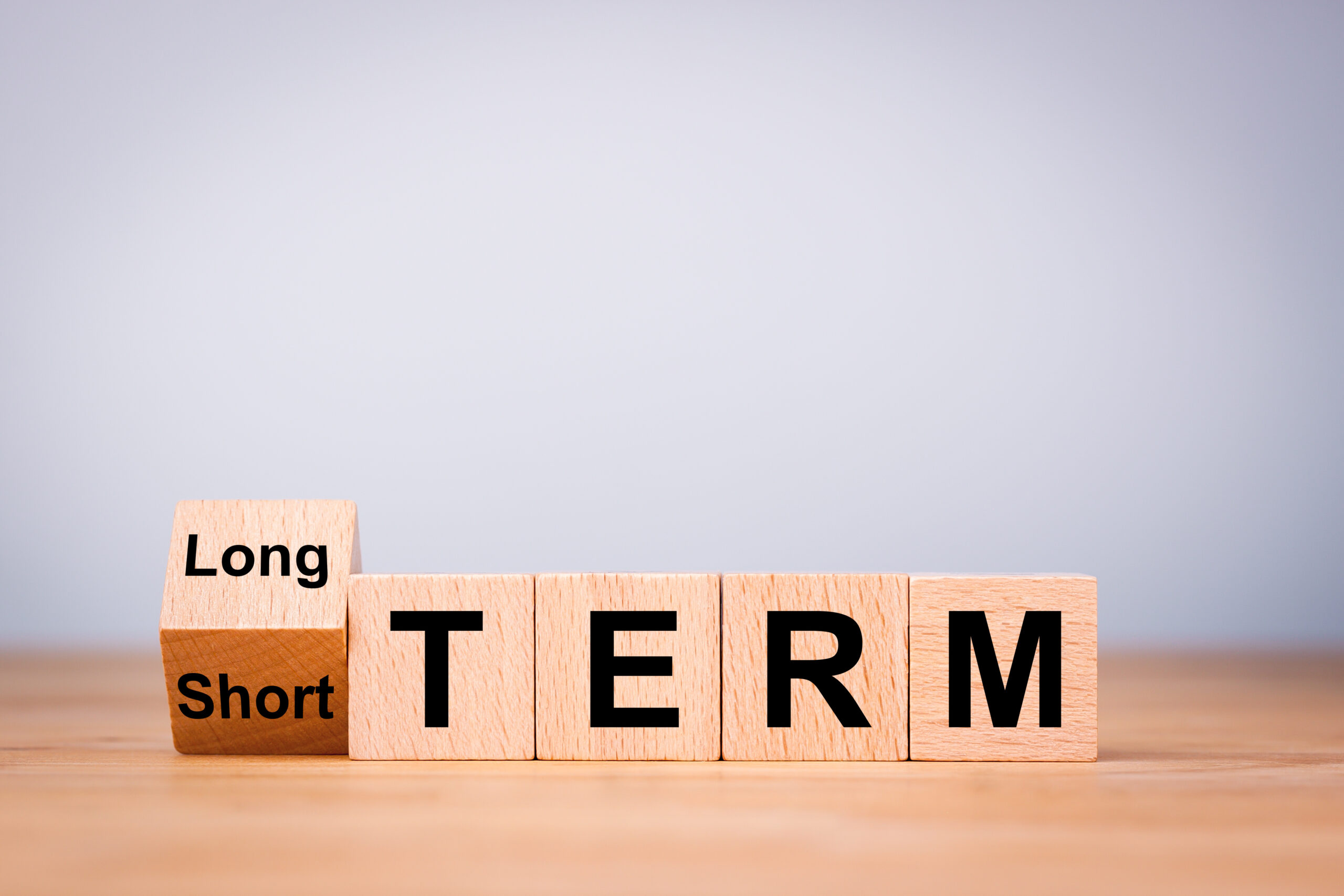It’s hard to imagine becoming disabled, and harder still to imagine a disability lasting longer than a few weeks. But serious disabilities can last years or even a lifetime. That’s why you should pay attention to whether a disability income insurance policy offers long-term or short-term disability benefits, and understand the difference between the two.
How do long-term and short-term disability policies differ?
By definition, long-term and short-term disability policies have different purposes. Short-term disability income insurance is designed to pay you benefits sooner and for a shorter period of time than long-term disability income insurance.
Under the terms of your disability income insurance policy, you’ll have to wait for a certain period of time after you become disabled before you can begin receiving benefits. Some policies (typically short-term policies) even offer two waiting periods–a shorter one for accidents, a longer one for sickness. Waiting periods under short-term policies generally range from 0 to 14 days, depending on the terms of the policy. Waiting periods under long-term policies are longer, ranging from 30 to 720 days, although a 90-day waiting period is most common.
If you suffer a disability, you’ll receive benefits until you recover or reach a certain maximum. By definition, short-term disability policies may pay benefits for up to two years, although many policies pay benefits for only three months, six months, or one year. But long-term disability policies pay benefits for a far longer period–for a few years, up to age 65, or even for a lifetime.
Should I buy long-term or short-term disability income insurance?
If you can’t afford to purchase both, it generally makes more sense to purchase long-term disability coverage. Most disabilities last only a short time, and you may be able to financially survive a short-term disability, even without insurance. However, a long-term disability can seriously threaten your finances if you do not have insurance.
Consider these factors as well:
- The other kinds of protection you have: If you suffer a disability, you may be eligible for benefits from a government-sponsored disability insurance program such as Social Security or workers’ compensation (if your disability was work related). Your employer may also provide coverage, although employers offer short-term coverage more frequently than long-term coverage. Don’t buy a policy that duplicates coverage you already have elsewhere.
- The type of coverage you can afford to buy: Short-term coverage is typically less expensive than long-term coverage because benefits are paid for a shorter period of time.
How do I buy a short-term or long-term disability income insurance policy?
You can buy disability income insurance through a private company that sells individual policies, or you can purchase group disability insurance through an association to which you belong or through your employer. Employers may also offer you a certain amount of disability insurance at no cost to you as part of your employee benefits package.
Prepared by Broadridge Advisor Solutions. © 2025 Broadridge Financial Services, Inc.
The articles and opinions expressed in this document were gathered from a variety of sources, but are reviewed by Strickland Financial Group, LLC prior to its dissemination. Any articles written by Graham M. Strickland or Strickland Financial Group will include a ‘by line’ indicating the author. Strickland Financial Group provides a full range of financial services, including but not limited to: life, health, disability and long term care insurance, group and individual retirement plans and individual investments. Receipt of literature in no way implies suitability of product(s) in your financial plan. Strickland Financial Group maintains networking relationships with estate planning attorneys and tax professionals but does not itself offer legal or tax advice. Securities offered through Osaic Wealth Inc., Member FINRA/SIPC. Advisory services offered through S&S Wealth Management, LP (S&S). A Registered Investment Advisor. Osaic Wealth is separately owned and other entities and/or marketing names, products or services referenced here are independent of Osaic Wealth. Strickland Financial Group is not affiliated with S&S Wealth Management, LP.
This communication is strictly intended for individuals residing in the state(s) of TX, NE, OK and FL. No offers may be made or accepted from any resident outside the specific states referenced.

